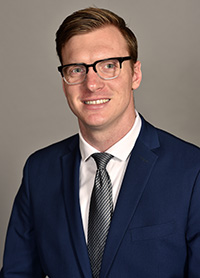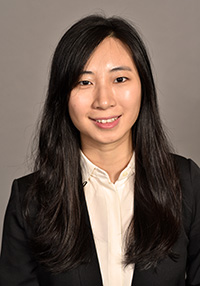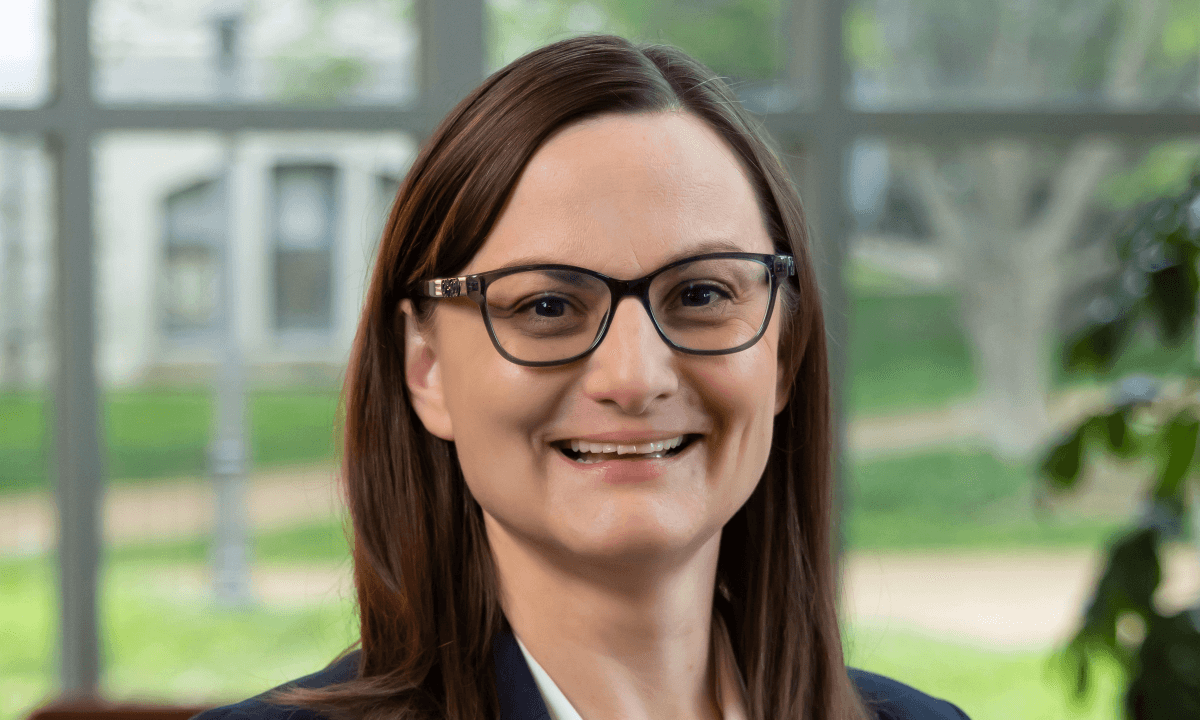 During the fall 2020 semester, the Turner Family Community Enterprise Clinic collaborated with Law for Black Lives to explore ways of increasing Black land ownership and community wealth.
During the fall 2020 semester, the Turner Family Community Enterprise Clinic collaborated with Law for Black Lives to explore ways of increasing Black land ownership and community wealth.
Law for Black Lives is a network of legal advocates for Black Lives Matter and related social movements. Each semester the organization connects a cohort of law school clinics with community organizations to provide research and legal support. The Community Enterprise Clinic worked with representatives from the Highlander Research and Education Center, a storied civil rights organization in East Tennessee where Rosa Parks trained to lead the Montgomery bus boycott, and the National Black Food and Justice Alliance.
Clinic students Ryan Everette ’21 and Grace Ko ’21 developed a legal toolkit to facilitate Black reclamation and retention of agricultural land. This project was in response to a century of African Americans losing approximately 12 million acres of land, dispossessing the vast majority of Black farmers. This dispossession was largely driven by discriminatory titling and lending practices, which continued well into the 1990s. As a result, only around 2 percent of American farms are currently Black-owned. For the Highlander Center and the National Black Food and Justice Alliance, restoring Black land ownership is a priority for both repairing past injustices and providing economic opportunity for Black farmers.
 In addition to regular mentorship from Law for Black Lives, Everett and Ko interacted with a range of organizations that work on racial justice and land issues. While researching models for Black land reclamation, they surveyed government programs to provide reparations to victims of racial discrimination, ranging from Native Alaskans to Japanese Americans, as well as private efforts to promote Black land ownership as models. “I learned how to assess the needs and requests of multiple stakeholders to create a cohesive product that is relevant to all of them,” says Everette. “I think the biggest reward stemmed from those challenges.”
In addition to regular mentorship from Law for Black Lives, Everett and Ko interacted with a range of organizations that work on racial justice and land issues. While researching models for Black land reclamation, they surveyed government programs to provide reparations to victims of racial discrimination, ranging from Native Alaskans to Japanese Americans, as well as private efforts to promote Black land ownership as models. “I learned how to assess the needs and requests of multiple stakeholders to create a cohesive product that is relevant to all of them,” says Everette. “I think the biggest reward stemmed from those challenges.”
 Ko found that “working on the land reclamation model with L4BL and Highlander taught me valuable skills in collaboration, legal research, and problem solving. We were able to compile our semester-long research into a toolkit that we hope will be useful for continued efforts toward the land reclamation project.” The students also suggested a range of legislative reforms that could further facilitate private land reparations. “This project is part of a broader conversation about the role of law in promoting equity and reparation, rather than simply barring discrimination,” said Lauren Rogal, director of the Turner Family Community Enterprise Clinic. “We hope the toolkit Grace and Ryan created will be a valuable resource for community programs and advocacy efforts in the region and beyond.”
Ko found that “working on the land reclamation model with L4BL and Highlander taught me valuable skills in collaboration, legal research, and problem solving. We were able to compile our semester-long research into a toolkit that we hope will be useful for continued efforts toward the land reclamation project.” The students also suggested a range of legislative reforms that could further facilitate private land reparations. “This project is part of a broader conversation about the role of law in promoting equity and reparation, rather than simply barring discrimination,” said Lauren Rogal, director of the Turner Family Community Enterprise Clinic. “We hope the toolkit Grace and Ryan created will be a valuable resource for community programs and advocacy efforts in the region and beyond.”
– Lauren Rogal, associate clinical professor of law
